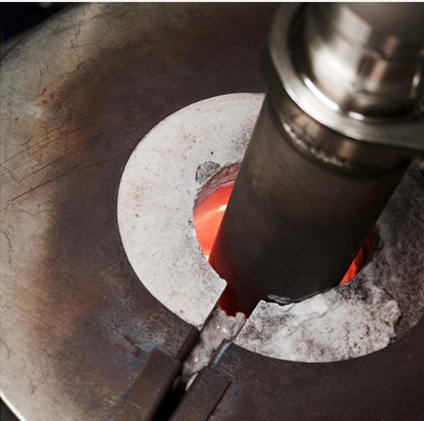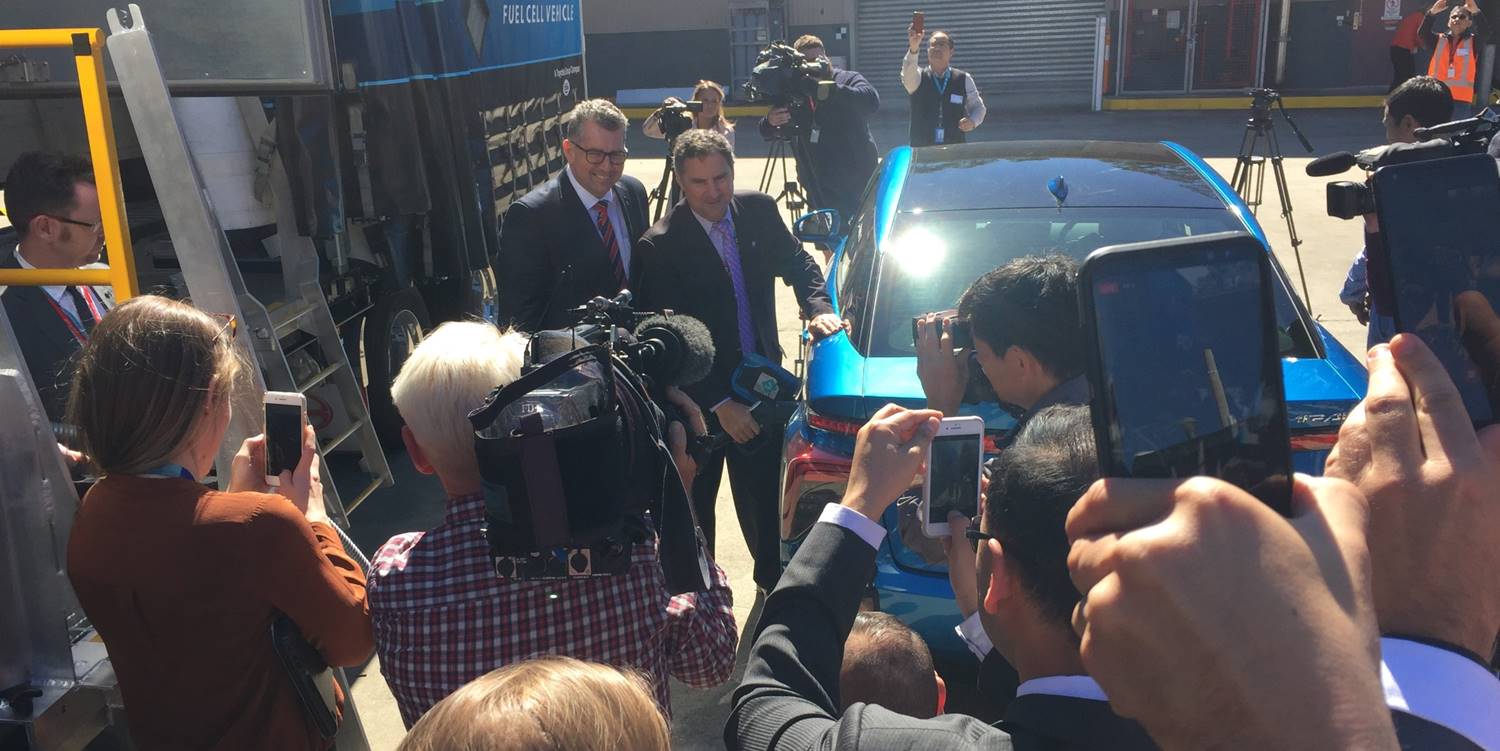Hazer Group, an Australian company with technology in development for the production of low-carbon hydrogen, had a busy 2019. In April the company announced that it had received its first Australian patent. In September, the Australian Renewable Energy Agency (ARENA) announced the approval of “up to [AUD]$9.41 million in funding to Hazer … for the construction and operation of a groundbreaking hydrogen production facility in Munster, Western Australia.” In December Hazer announced that it was negotiating an agreement with industrial gas distributor BOC related to its Munster project. Last week the company announced that it had secured up to AUD$250,000 in grant funding from the Government of Western Australia for “a feasibility study on the creation of a renewable hydrogen transport hub." in the City of Mandurah.
Content Related to BOC
Article
Australian Company Advances Low-Carbon Hydrogen from Methane
Stephen H. Crolius
January 16, 2020
Article
Ammonia as a Hydrogen Carrier for Hydrogen Fuel Cells
Stephen H. Crolius
October 18, 2018
In the last 12 months ... Consider the attributes that characterize a good hydrogen carrier: liquid state at ambient conditions; high volumetric and gravimetric energy density; low propensity to create lethal hazards when transported, stored, and used. Now consider that ammonia is superior to hydrogen itself in every one of these areas. Given this, it stands to reason that proponents of hydrogen fuel cells should embrace ammonia as a valuable enabling technology that can elevate the feasibility and improve the economics of fuel-cell-based systems. And indeed this embrace became evident over the last year.

